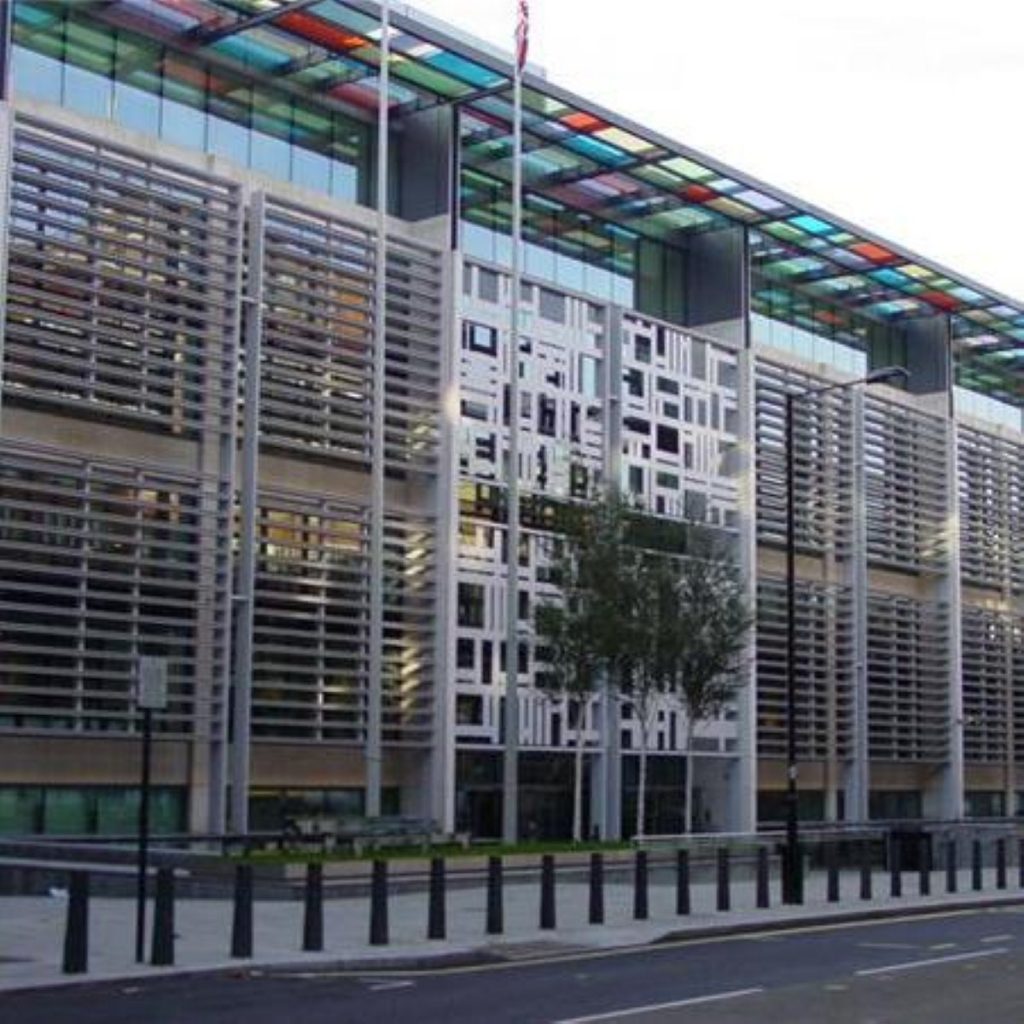Home Office faces new ID cards controversy
The Home Office has been forced on to the back foot over its plans for ID cards again today following the news a Dutch researcher cloned the chips on two British passports in less than an hour.
The new biometric passports use the same technology proposed for ID cards and are said by the Home Office to be “one of the most secure passports available”.
Nevertheless, Jeroen van Beek, a security researcher at the University of Amsterdam, cloned the chips on two of the new British passports in minutes, and proceeded to implant digital images of Osama bin Laden and a suicide bomber. The chips were then passed as genuine by a UN agency passport reader that sets standards for e-passports, according to the Times newspaper, which conducted the tests with Mr van Beek.
The Home Office stresses no one has yet been able to demonstrate a modification of data within the chip. It says counterfeiters would have to replace the chip in the e-passport and that physical security measures in the passport prevent this.


A spokesman said: “We take security and privacy very seriously, which is why the British biometric passport meets international standards as set out by International Civil Aviation Organisation (ICAO) and we remain confident that it is one of the most secure passports available.”
But the news has provoked a furious backlash from opposition parties and civil liberty campaigners, who say the government’s claims cannot be trusted.
Shadow home secretary Dominic Grieve said: “It is of deep concern the technology underpinning a key part of the UK’s security can be compromised so easily.
“What is worse – the same technology will underpin the government’s identity card scheme, which risks making us less safe.”
Phil Booth, national coordinator of No2ID said the experiment showed ID cards would actually make people more open to identity fraud.
“By putting your private information on a chip on a passport or ID card, designed to let it be skimmed-off for official purposes, the whole centralised approach to ID makes it easier for your life to be perfectly stolen,” he said.
“The government cannot be trusted to look after your identity.
“Measures it calls ‘secure’ are only securing official convenience. With an ID card or chipped passport, you’ll never know who’s walking around pretending to be you.
“The e-passports fiasco clearly illustrates why the national identity scheme must be scrapped now, before millions more people’s personal security is put at risk.”
Campaigners are concerned that putting more and more personal information onto passports or ID cards – the latter are expected to hold over 30 pieces of information – could merely worsen the problem of identity fraud.
With so much biometric data on passports, for instance, criminals could clone the chips on the document when its rightful holder leaves it with the hotel desk. They would then be able to use the holder’s fingerprints and other biometric data – information the legitimate holder cannot replace.
Discussing his efforts, Mr van Beek said: “We’re not claiming that terrorists are able to do this to all passports today or that they will be able to do it tomorrow. But it does raise concerns over security that need to be addressed in a more public and open way.”
Britain introduced e-passports in 2006, following calls from the United States.
The government is pushing ahead with its ID card scheme despite a damaging series of data losses over the last year, including one incident in which the details of million of Britons who claim child support were lost.









